Blog
Latest News
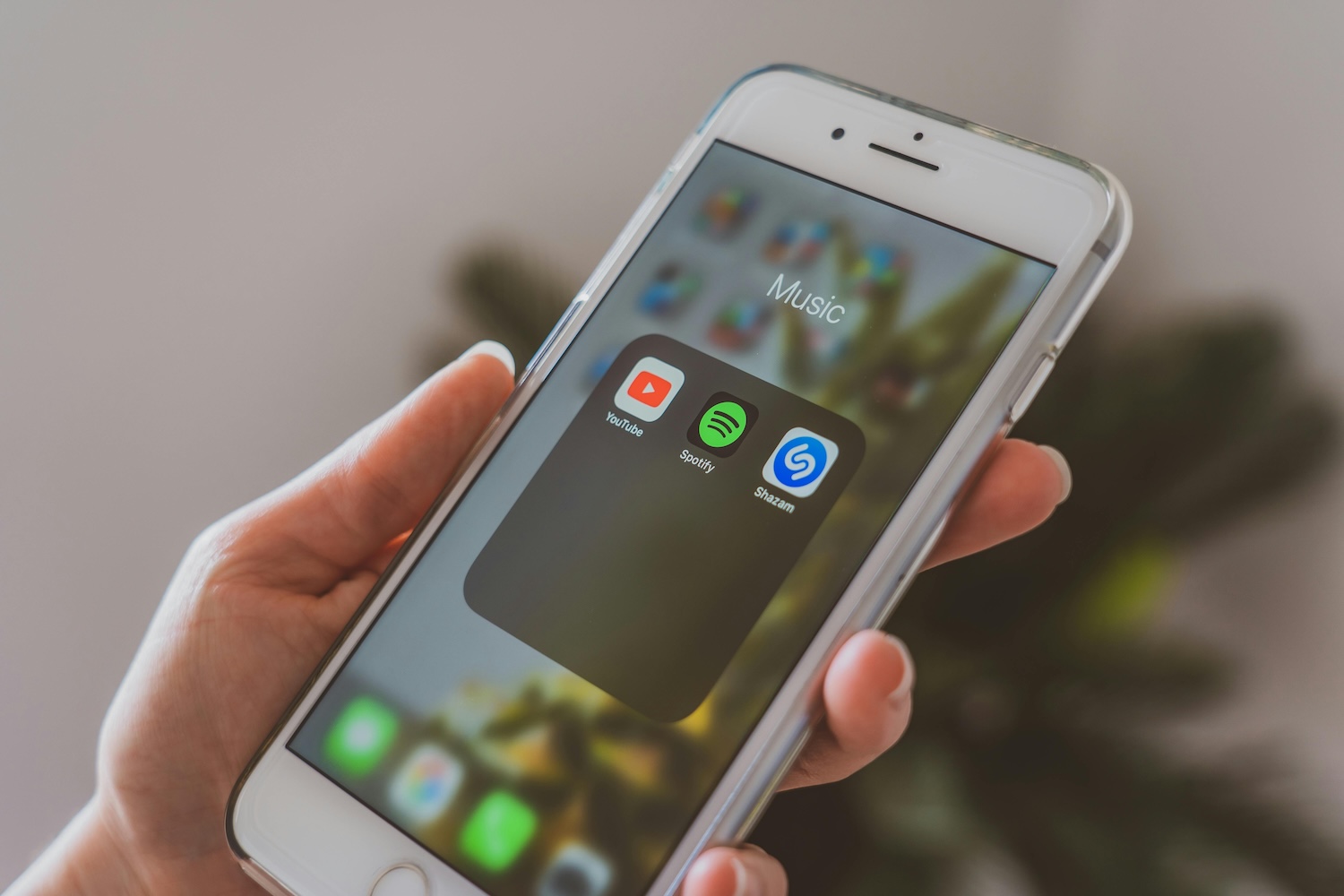
In today’s digital world filled with platforms, apps, and social media, it can be tempting to focus all your energy on just one. But if you want to truly grow your audience as a musician, one platform isn’t enough. Your music — and your story — deserves to live in more than one place.
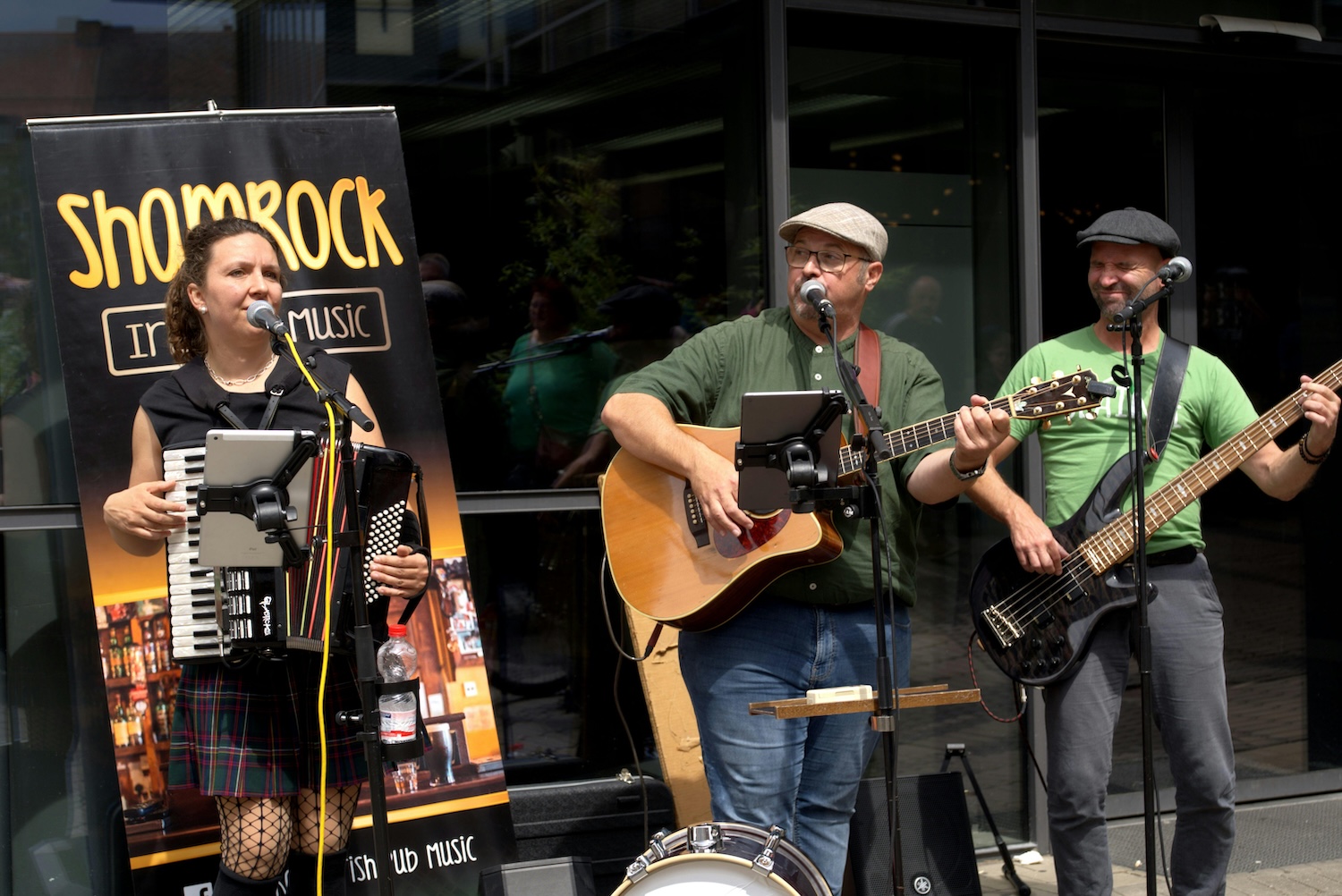
At some point, most musicians will experience it: a band breaks up. Maybe musical differences caused a rift, maybe life got in the way – time, finances, distance. No matter the reason, the end of a band can feel like a punch to the gut. But it doesn’t have to be the end of the road. In fact, it might just be the beginning of something new.
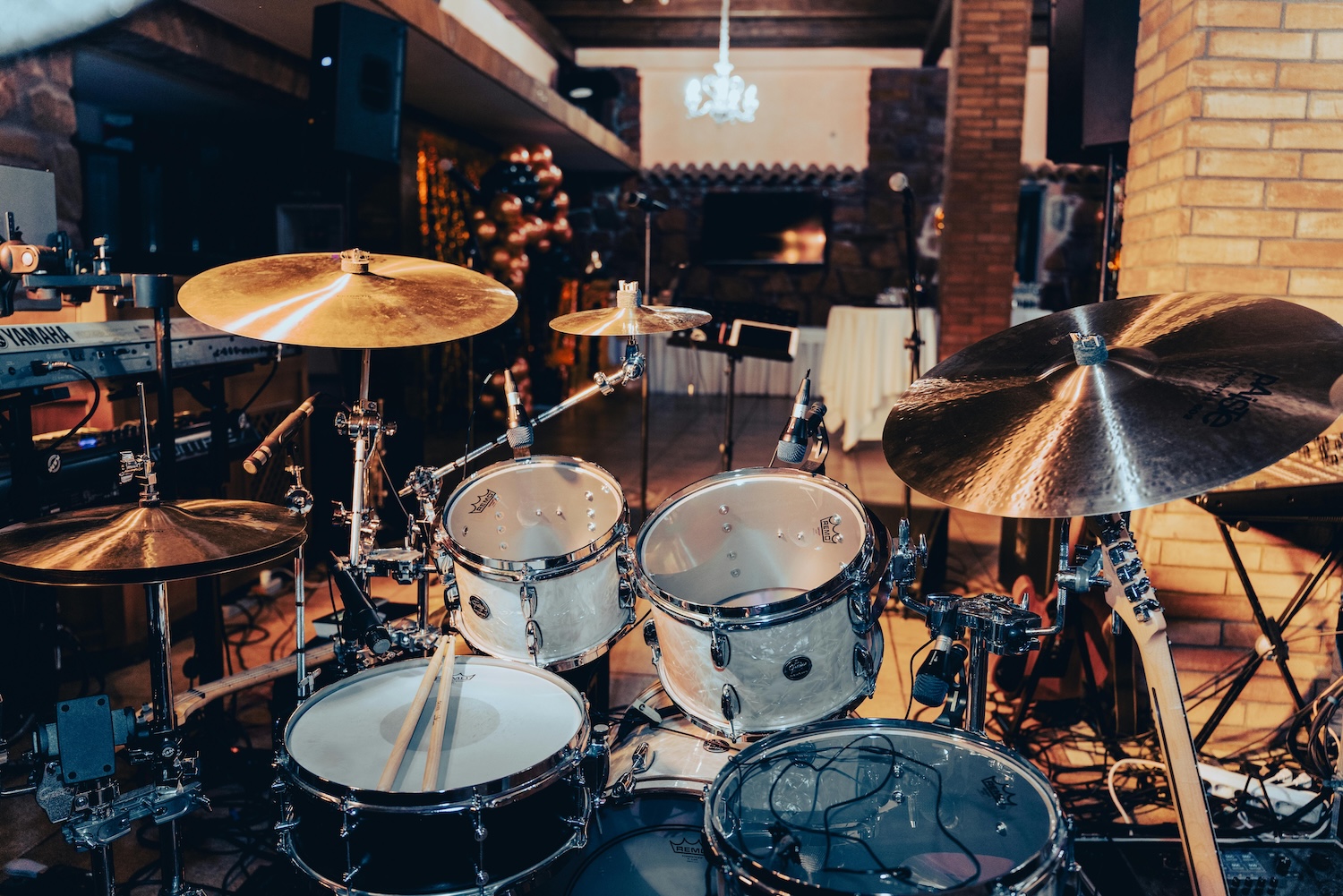
For many bands and musicians, the rehearsal room isn’t just where you play – it’s where the creative magic happens. It’s your base, your testing ground, and sometimes your second home. That’s why the space you rehearse in matters.
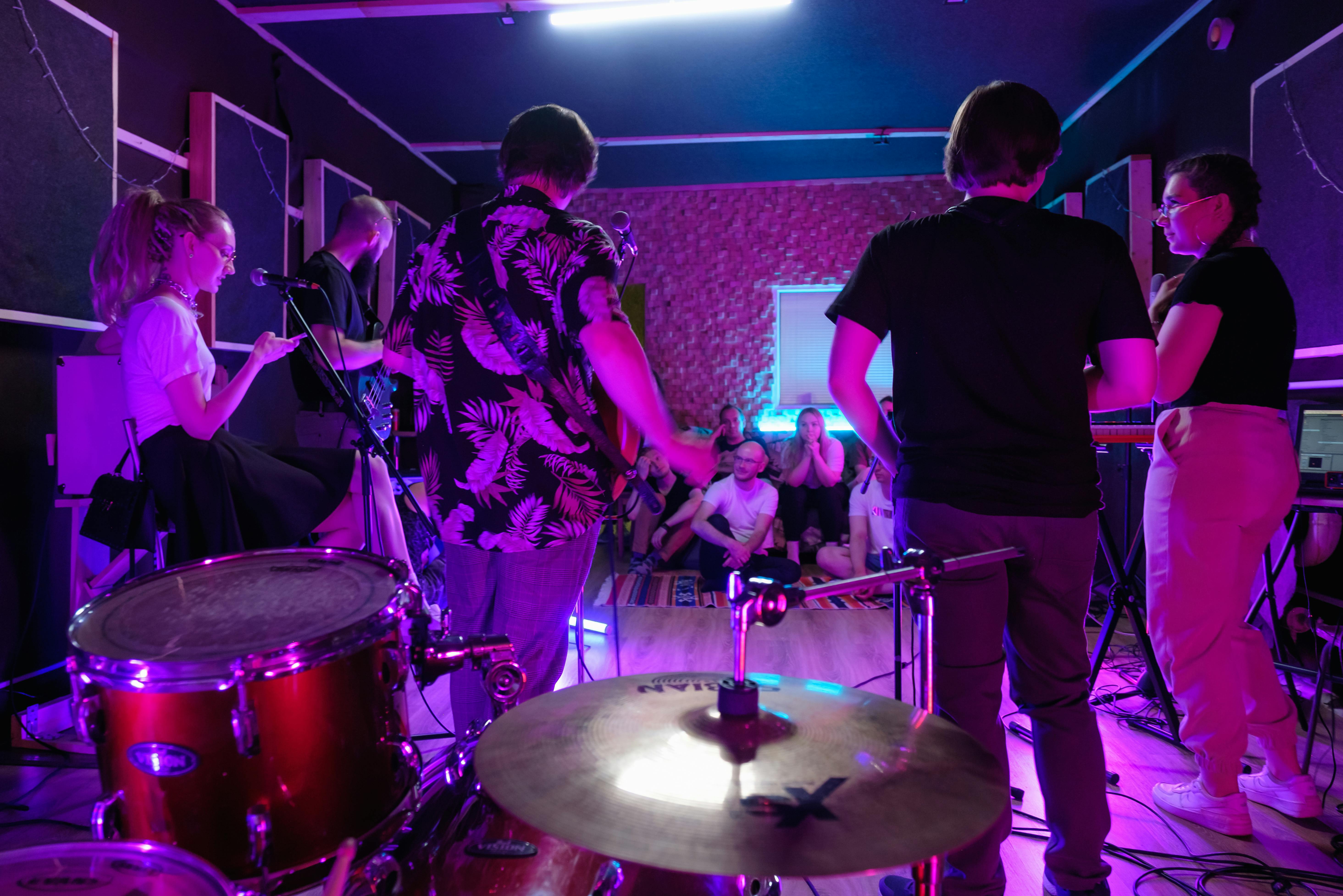
In the world of music, it's not just about chords, beats, and technique. It's also deeply about people. The ones who follow your journey, cheer you on, share your songs – and sometimes give you a ride to your next gig or help carry your gear.
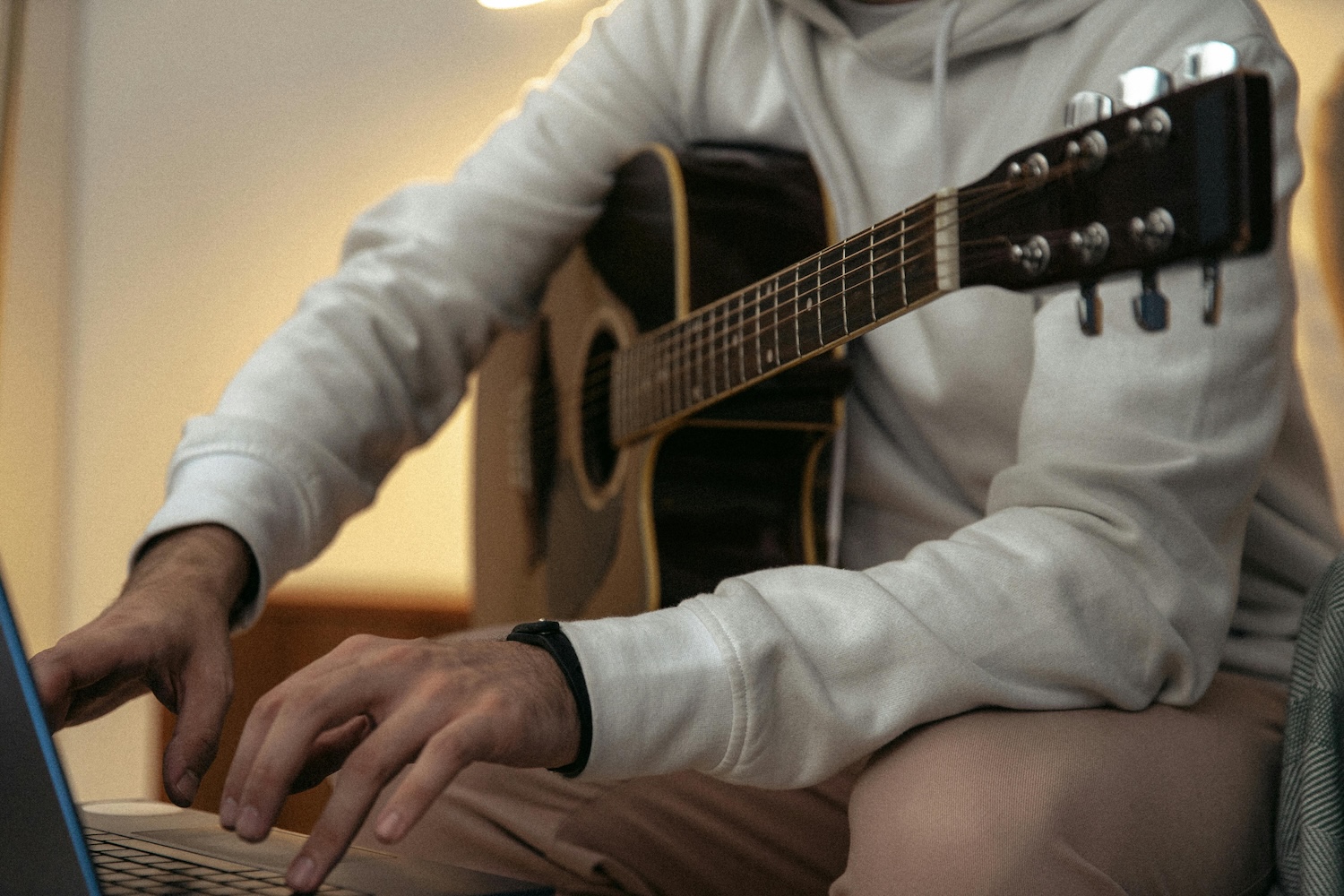
In today’s music world, talent isn’t enough. If no one knows what you’re doing, no one will reach out. Being seen and heard is just as important as being skilled. Many musicians hope to be “discovered,” but discovery doesn’t happen by accident. It starts when you decide to share what you’re working on.
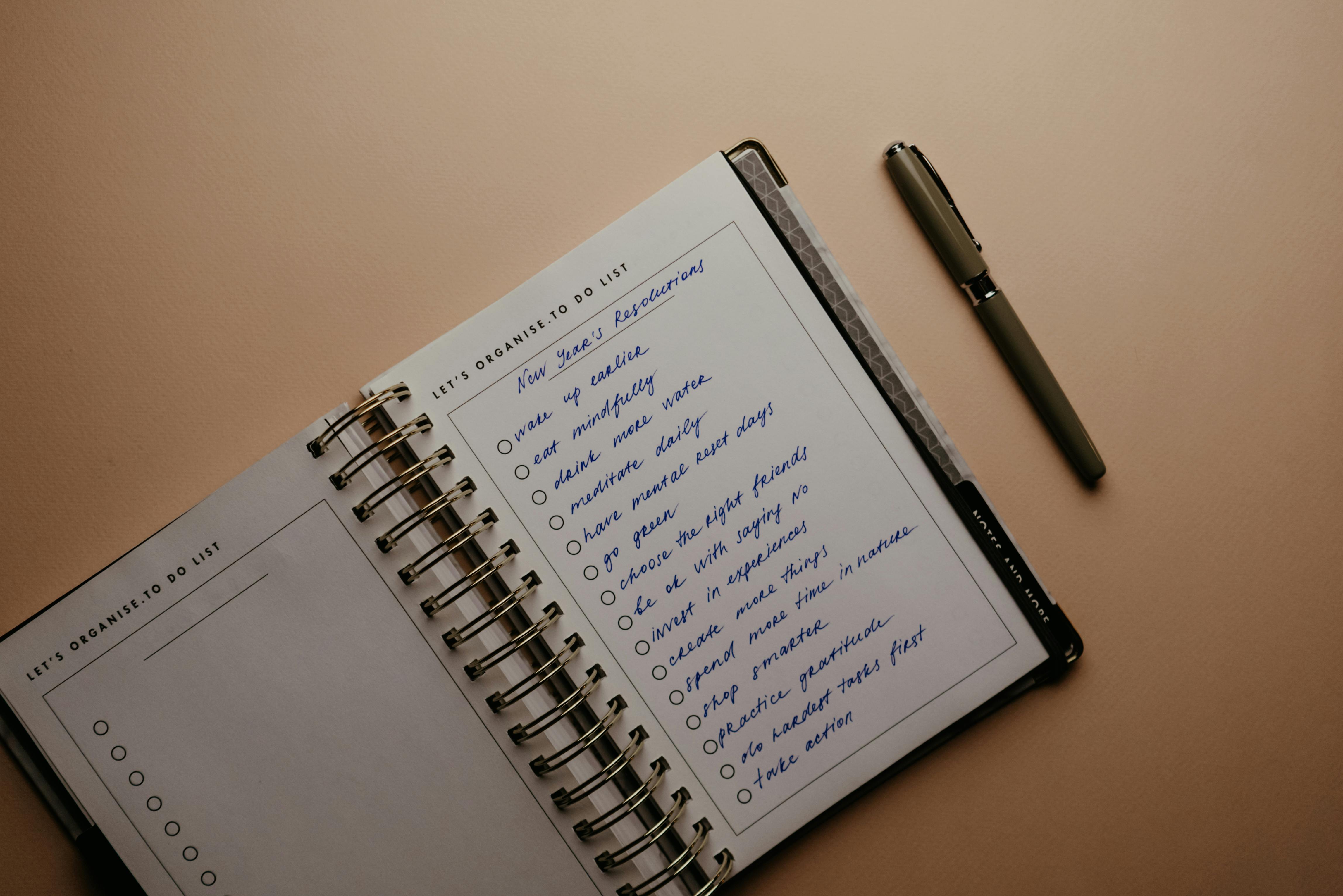
How to build a strong setlist, shape the energy of your show, and prepare your audience – with digital tools to support your planning A great concert doesn’t start on stage – it starts with the setlist. This isn’t just a list of songs; it’s your script, your roadmap, and the structure that shapes the entire experience. If you use it wisely, your setlist can help transform an ordinary performance into an unforgettable one.



